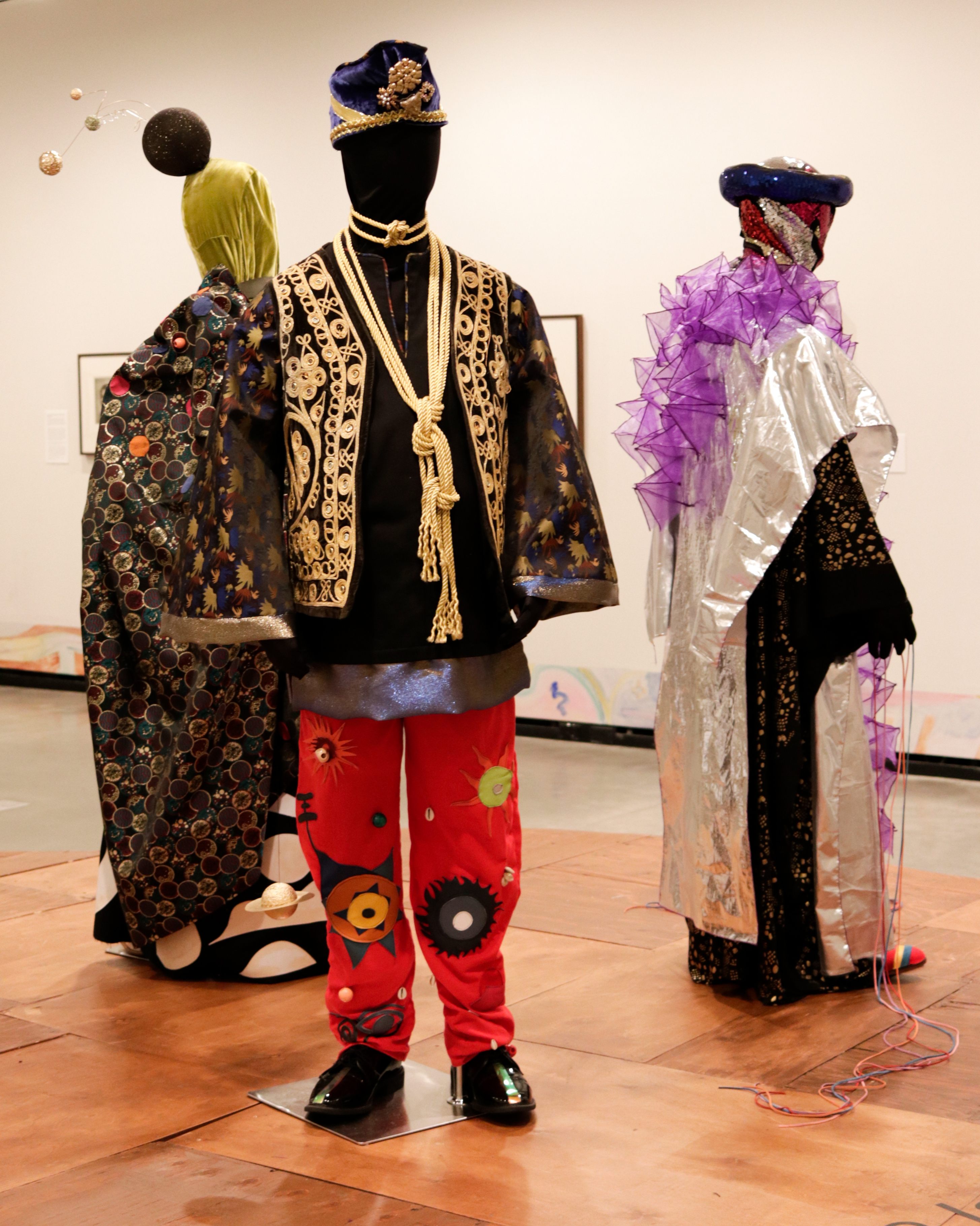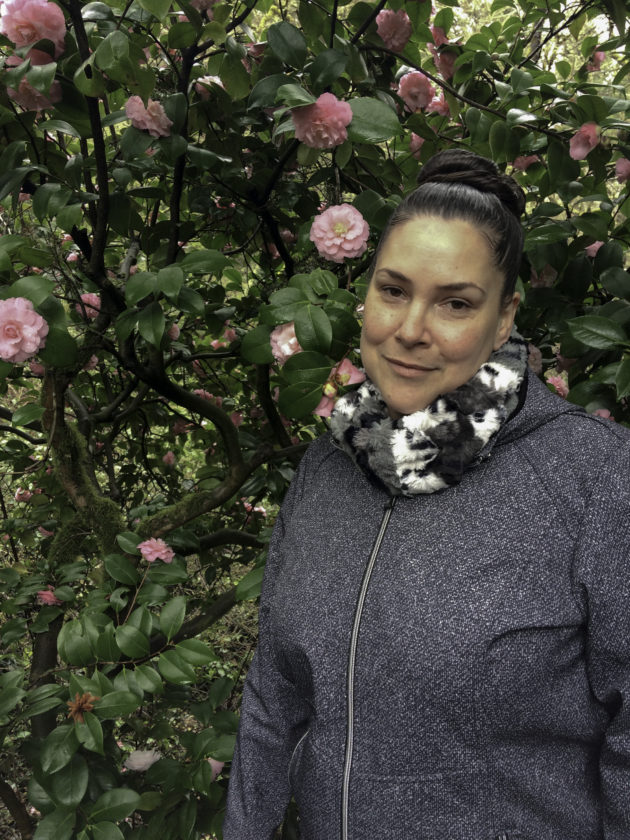Students who applied last fall and were accepted into Portland State’s CO-OP pilot program will be beginning their first term of paid cooperative education this January. The pilot program is starting with around 50 students from backgrounds in liberal arts, engineering and business.
“[The co-op program] really focuses on the issue of affordability for PSU and for our students, as well as providing an opportunity for them to get experiential learning,” PSU President Rahmat Shoureshi said at a press conference last November.
The program has partnered with 14 companies including Kroger, Precision Castparts, Portland General Electric, Ronald McDonald Charities and Tillamook.
“In the spring we will add students from the College of the Arts, and next year hope to have students from all of the other colleges involved as well,” said Mark Wubbold, senior policy analyst for University Communications.
After taking a mandatory one-credit preparatory course, students meet with co-op advisors and apply to full or part-time positions with partner companies. Students are responsible for negotiating hours and pay with their employers once offered a job.
The co-op positions will not provide benefits, and students will remain on PSU’s student health plan while working.
This was by design said Cliff Allen, dean of the School of Business. “[Memoranda of Understanding] won’t be signed with company partners unless they agree to pay $15 an hour or more,” Allen said. “If they don’t have to pay benefits that allows them a little more headroom.”
“PSU CO-OP is focused on building out the infrastructure needed to run a successful program,” Wubbold said. “PSU CO-OP is modeled on other successful programs, serving students similar to ours, so we anticipate success.”
“In fact, President Shoureshi has told us ‘failure is not an option.’”
It is currently unclear whether the investment for building the co-op’s infrastructure, including paid positions for co-op advisors and instructors is coming from the university, its business partners or other sources.
PSU’s CO-OP program was based off of a similar program at Northeastern University in Boston and a task force convened by the president invited Northeastern faculty member Dr. Behrooz Satvat to an information session in May of last year.
Erin Flynn, who helped establish PSU’s CO-OP task force in February 2018 and served as the associate vice president for strategic partnerships before her job was eliminated months later in an organizational reshuffle, highlighted some concerns faculty and students shared about potential inequities with the opportunities made available to students.
One major difference in PSU’s CO-OP program and Northeastern’s is the option for students to work part time.
“Many PSU students must work part or full time in order to put themselves through school. If co-op jobs are not reliable [or] don’t pay as much as jobs students already have they will not be able to participate in the program.”
Allen acknowledged that feedback from students contributed to the decision to include part-time options, which would have students continue to take classes while working a schedule negotiated with their employer.
Allen also confirmed not all co-op positions will be paid. “There’s some great non-profit [organizations] out there that just don’t have the money, but I’m not going to tell the social work major that they can’t go work for a non-profit that fits exactly in the area they want to work, and say, ‘No, that can’t be a co-op because they can’t pay.’”
For-profit companies will not be able to offer co-op positions that are unpaid, Allen said.
Another concern raised by Flynn was “many PSU students are enrolled in majors that may not easily lend themselves to paid co-ops—e.g. social work, urban planning, history, sociology etc.”
According to Allen, CO-OP will not seek partnerships that could interfere with courses of study involving practicums as part of their curriculum, as is common with students pursuing degrees in areas such as public health, education and social work.
“PSU CO-OP is a real-world job experience,” Wubbold said. “As such, our students will be exposed to the issues the businesses they choose to work for are managing. In some cases, students may choose to work for organizations that do not wholly align with their values. This decision will be up to the student. It will be PSU CO-OP’s responsibility to make sure each student’s physical safety is ensured.”
At least one partner in the CO-OP program has faced controversy as recently as 2016, when residents of Southeast Portland filed two class-action lawsuits against Precision Castparts Corp. over alleged health concerns due to toxic air emissions. The company also has a history of repeat violations involving the environment, most famously in Johnson Creek.
The speed and scope of the program’s expansion is still up in the air, but Allen said a goal pushed by Shoureshi of 3,000 students in the program was possible.
“I think what we need to do is meet students where they are,” Allen said. “There are employers looking for everybody, but I’m going to knock on the doors that match the ones where students need the work. Make your voice heard so that we can help you.”






